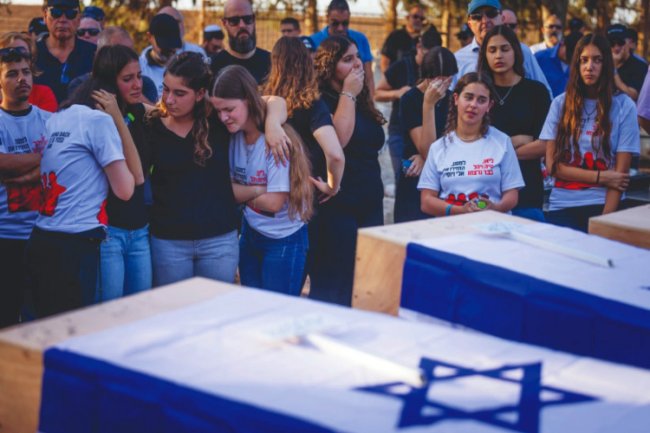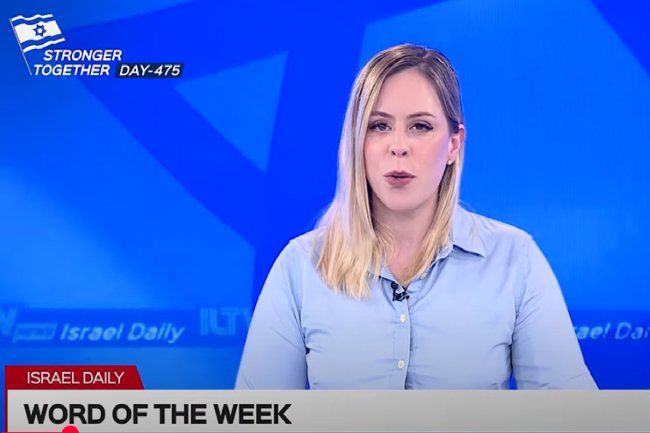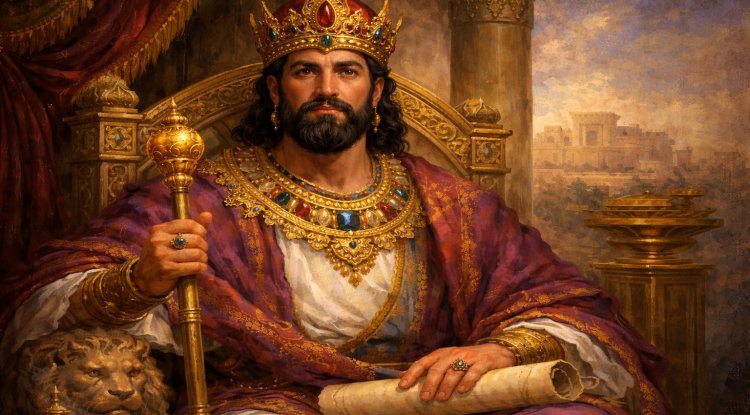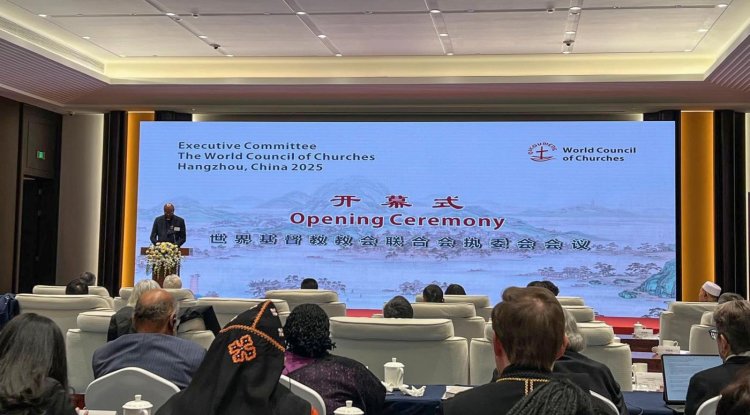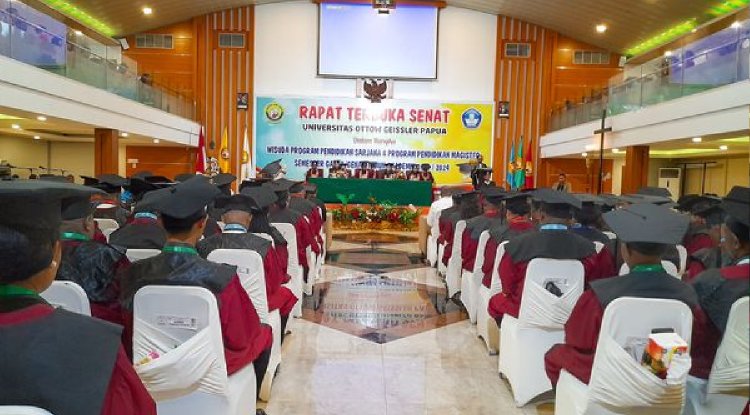Exclusive interview with Israel's Ambassador to Britain: Gaza's future under the Hamas regime
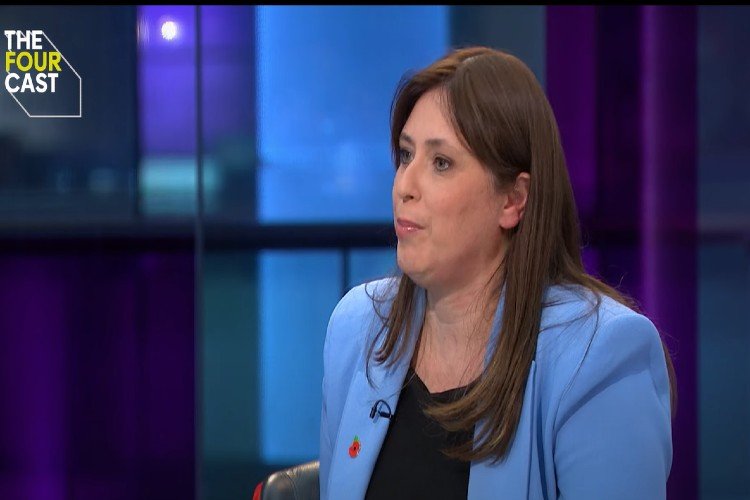
In an exclusive interview with the Israeli Ambassador to the UK Tzipi Hotovely , we discussed the ongoing conflict in the Gaza Strip. The ambassador stressed the great challenge of finding a future political solution under the current Hamas regime and the need to ensure a different future for the people of Gaza. In an in-depth conversation, the Ambassador highlighted the scale of recent atrocities, viewing this conflict as a war on terrorism equivalent to fighting groups like ISIS. According to him, Israel's main focus is to destroy Hamas' ability to ensure the safety of Israeli citizens, not revenge. The importance of understanding this ultimate goal was denied by the ambassador, who denied that revenge was the motivation behind Israel's actions. He stressed that such efforts are designed to address the real threat of terrorism and provide security to Israeli citizens. The question of a two-state solution faces challenges, with ambassadors expressing scepticism while Hamas continues to support an ideology that calls for genocide. He detailed that, in order to achieve peace, Hamas needs to change its ideological views. Discussion of international law and the legitimacy of military targets also emerged in the interview. The ambassador reiterated that Israel operates within the limits of international law and seeks to minimise civilian impacts. However, he is aware of the complexity of the situation on the ground, where terrorist groups such as Hamas deliberately use civilian infrastructure for military purposes. When asked about the idea of a ceasefire, the ambassador stressed that without addressing the root causes of Hamas' problems, the ceasefire would be difficult to maintain. He stressed the need to solve the conflict by paying attention to the root source of the tension. The interview concluded with the ambassador stating that efforts to dismantle Hamas infrastructure are a necessary step to create a safer future for both sides. He also expressed his empathy for the people affected by the leadership's decision, while hoping that there would be a path to sustainable peace in the region.
What's Your Reaction?








